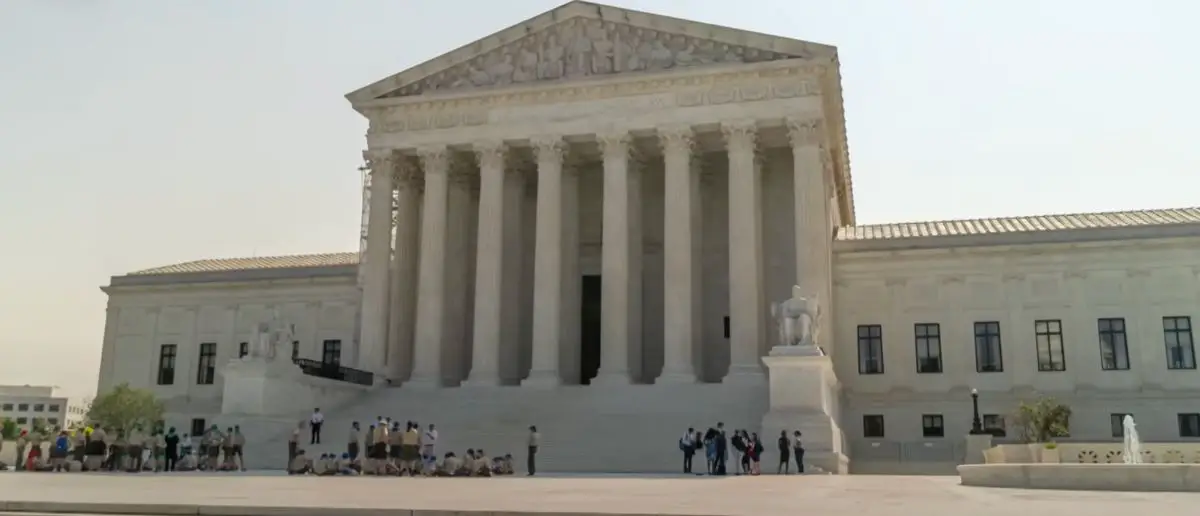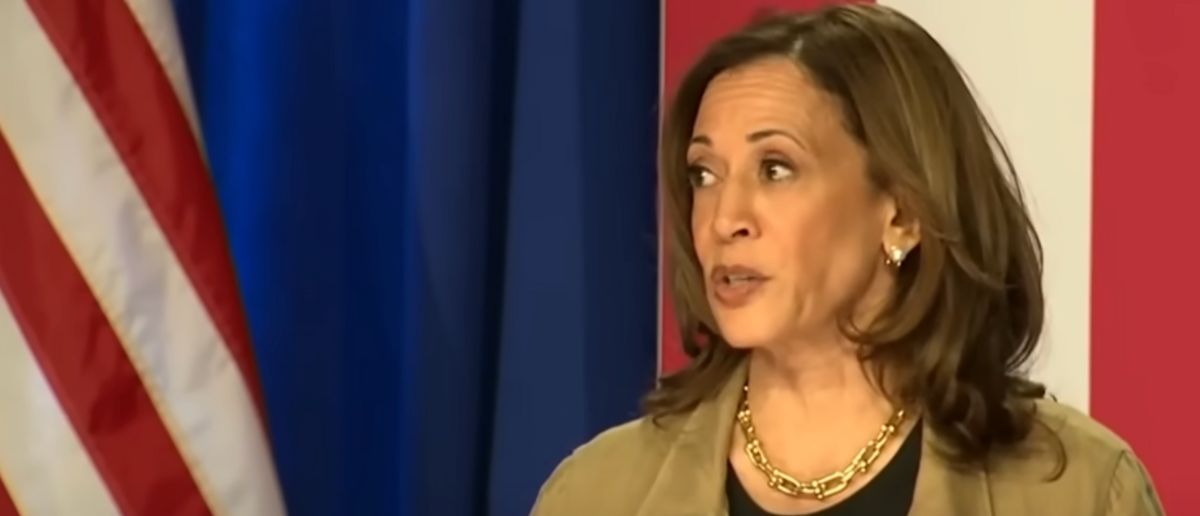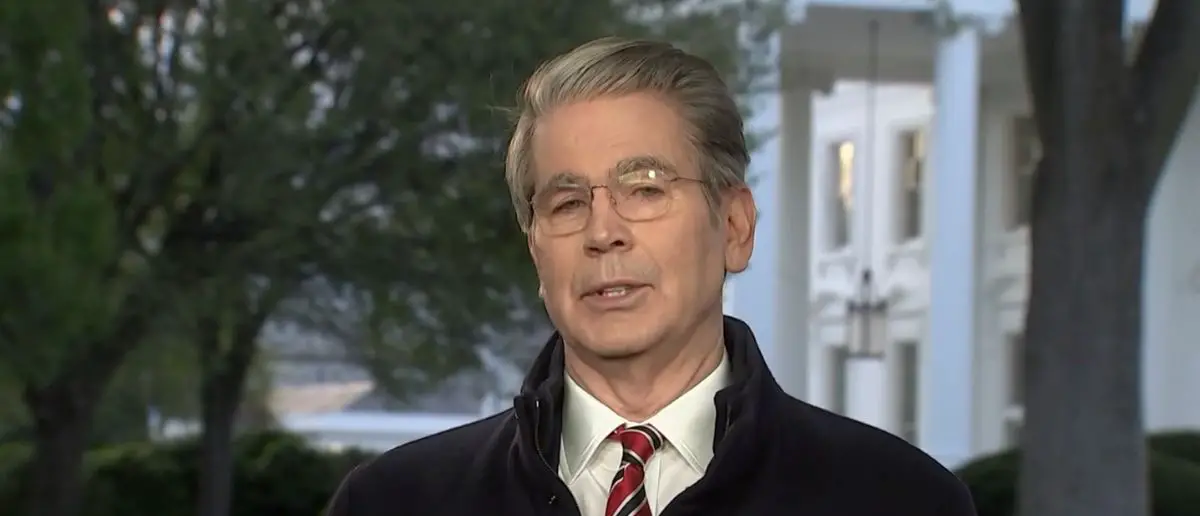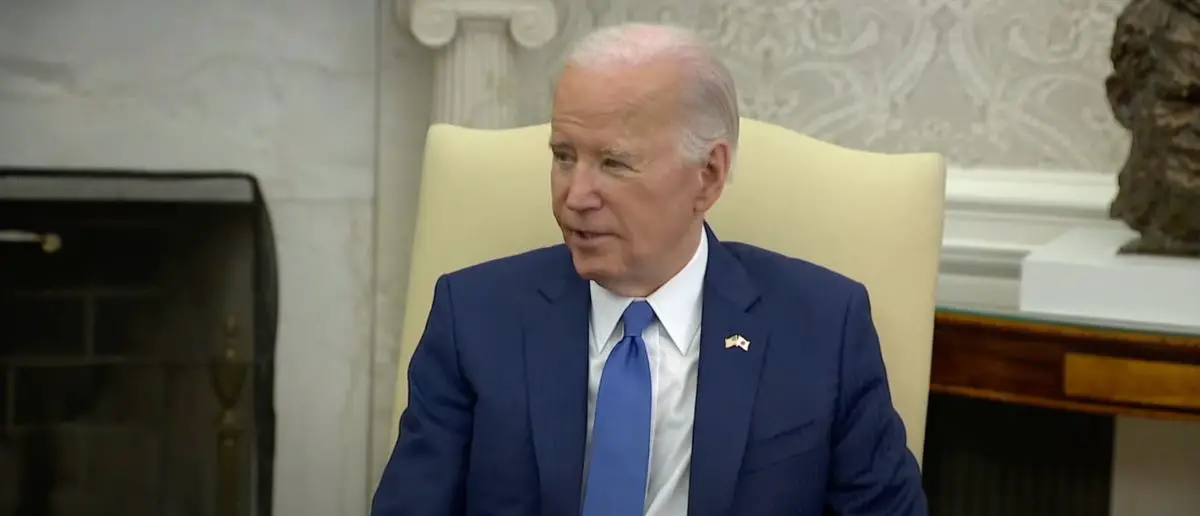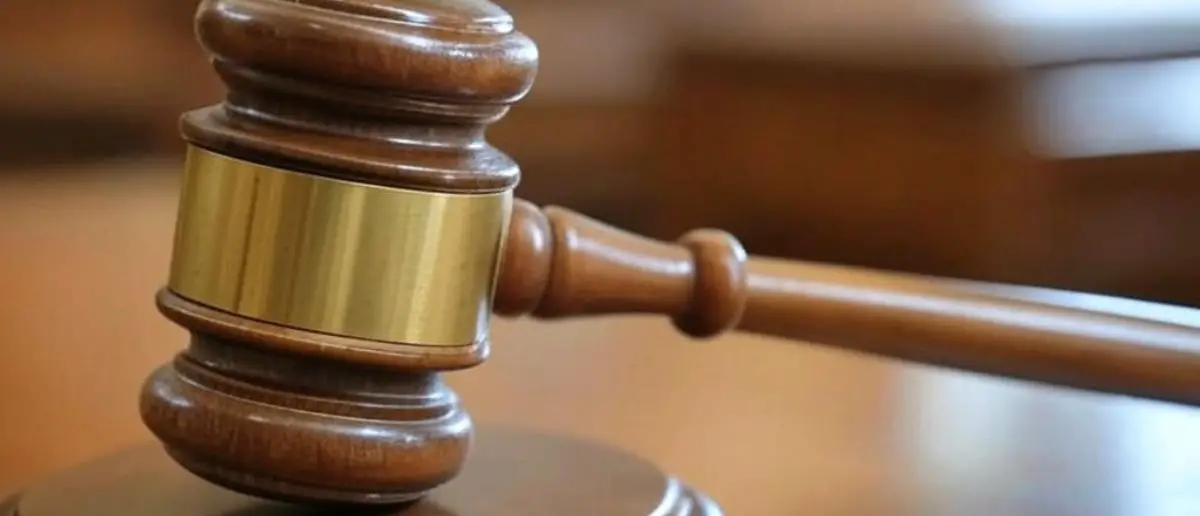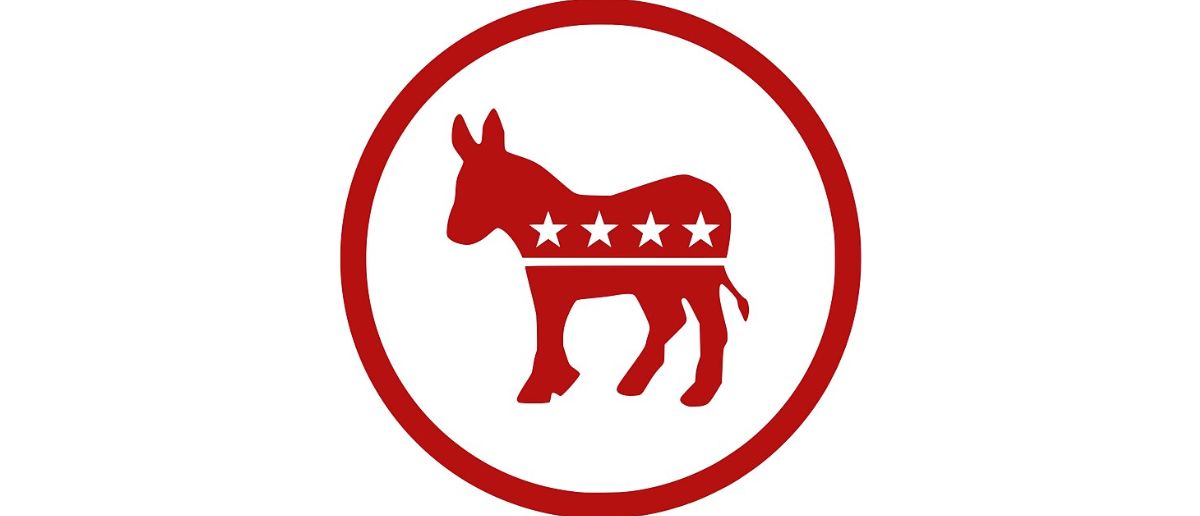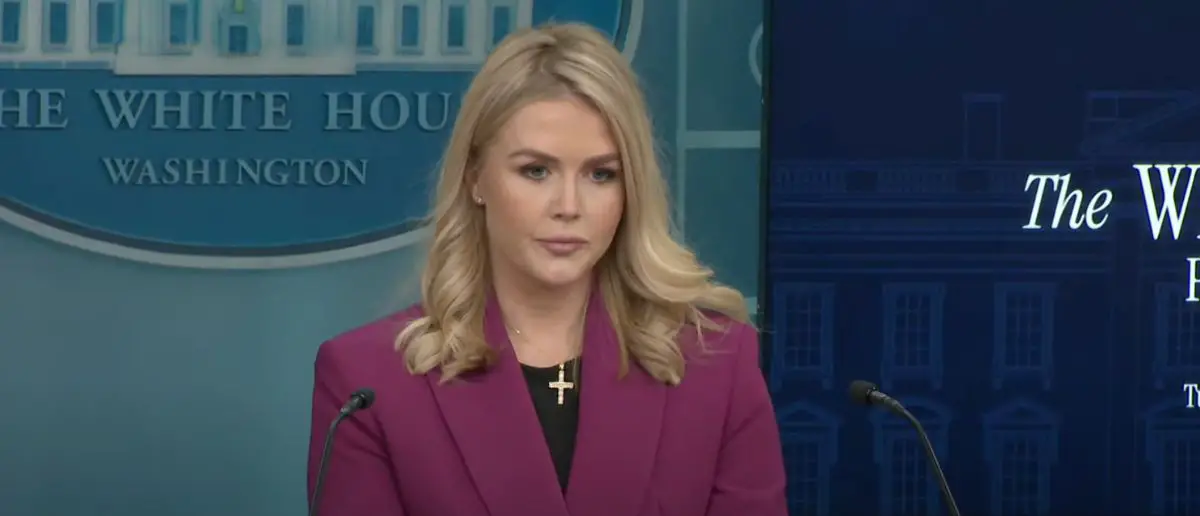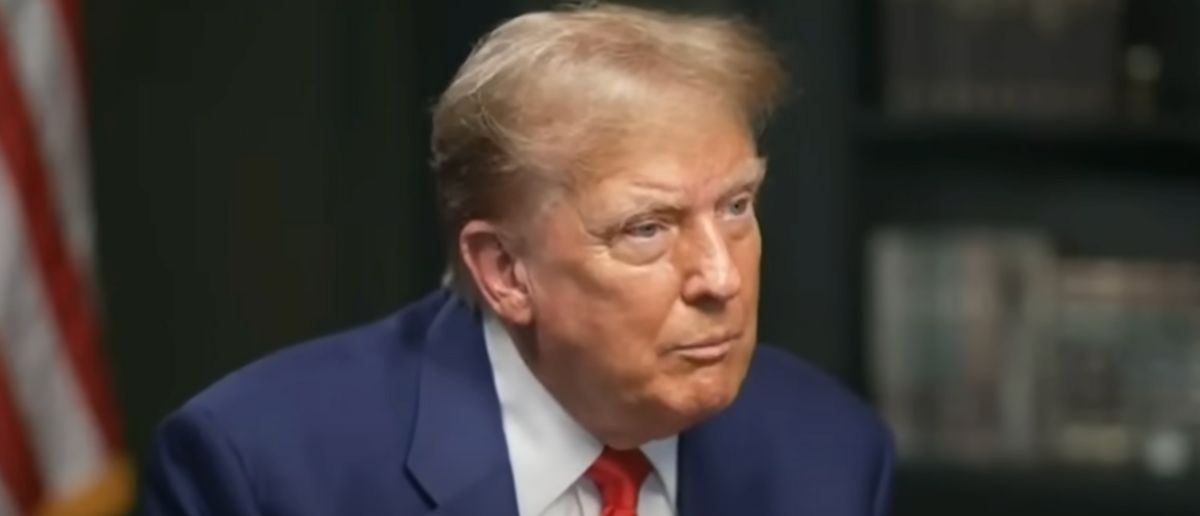Trump’s FBI set to unmask massive weaponization of government by Joe Biden
We can all pretend that the government hasn’t targeted American citizens in the past few years. But that would be a lie.
Now Trump’s FBI is set to unmask a massive weaponization of government by Joe Biden.
FBI Probes Violence Against Religious Groups in Seattle
FBI Deputy Director Dan Bongino announced a renewed investigation into alleged “targeted violence” against religious groups following a tumultuous evangelical rally at Seattle City Hall.
In a post on X, Bongino stated, “We have asked our team to fully investigate allegations of targeted violence against religious groups at the Seattle concert. Freedom of religion isn’t a suggestion.”
The probe stems from a “Rattle in Seattle” demonstration held Tuesday at 5 p.m. on the 4th Avenue steps of City Hall, where evangelical conservatives clashed with counter-protesters.
Seattle Police reported eight arrests for assault by 8 p.m., with no injuries noted, and described the scene: “Two opposing groups gathered along 4th Avenue. Streets around the dueling demonstrations were shut down for several hours, but reopened just before 8 p.m.”
The FBI’s renewed focus highlights concerns about escalating tensions, with critics arguing that local leadership’s response has failed to protect religious freedoms while emboldening disruptive counter-protests.
Mayor Harrell’s Controversial Stance Fuels Tensions
The City Hall rally followed a violent clash at Cal Anderson Park on Saturday during MayDayUSA’s “Don’t Mess With Our Kids” event, which drew a pro-LGBTQ counter-protest and led to 23 arrests.
Seattle Mayor Bruce Harrell, a Democrat, issued a statement blaming the Christian rally and “anarchists” for the violence, saying, “Seattle is proud of our reputation as a welcoming, inclusive city for LGBTQ+ communities, and we stand with our trans neighbors when they face bigotry and injustice.”
“Today’s far-right rally was held here for this very reason – to provoke a reaction by promoting beliefs that are inherently opposed to our city’s values, in the heart of Seattle’s most prominent LGBTQ+ neighborhood.”
He added, “Anarchists infiltrated the counter-protestors group and inspired violence, prompting SPD to make arrests and ask organizers to shut down the event early, which they did.”
Harrell’s remarks, which pinned blame on the Christian group, have drawn sharp criticism for appearing to dismiss their First Amendment rights, further inflaming tensions and prompting the FBI’s investigation.
Religious Leaders and Organizers Clash Over Narrative
Harrell doubled down on Tuesday, sharing statements from local Christian and Jewish leaders who backed his stance and condemned the “Rattle in Seattle” protest. Rev. Dr. Patricia L. Hunter, a Baptist pastor, stated, “Mayday’s desire is to wrap their personal hate, fear, and bigotry in Christian speak. It won’t work. The call of Jesus to his followers was to first love God and secondly to love our neighbors. In no way does the ideology or bad theology of this fringe group embody the love of God we are to exhibit.” In response, rally organizers fired back, accusing Harrell of religious bigotry and undermining free speech.
They stated, “Following the MayDay USA worship event at Cal Anderson Park on Saturday, Mayor Harrell had the audacity to issue a press release blaming Christians for the premeditated violence of Antifa which resulted in the hospitalization of Seattle Police Department personnel and the arrest of 23 Antifa agitators.”
“Under Mayor Harrell’s leadership, the city of Seattle has continued its spiral into lawlessness and dysfunction while the First Amendment rights of citizens to peacefully assemble has been disregarded.” The escalating feud, coupled with Harrell’s failure to unequivocally defend free expression, has intensified scrutiny on his leadership and the city’s handling of public demonstrations.


